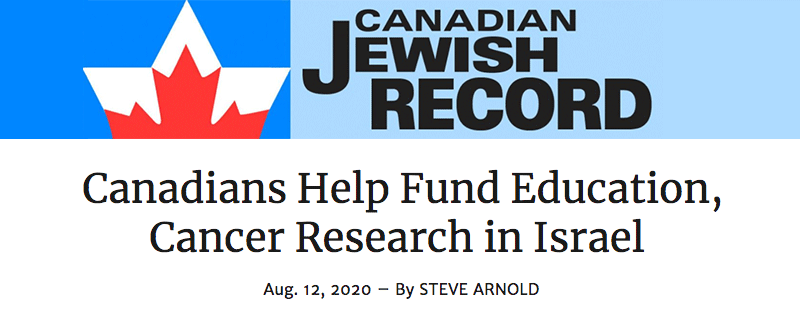
Canadian philanthropists are giving more than $3 million to Israeli universities to fight cancer and clear hurdles to higher education for Ethiopian Israelis and Israel Defense Forces veterans.
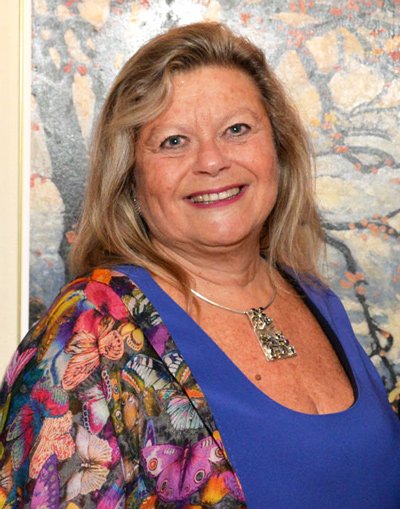
For Sylvia Soyka of Markham, Ont., the money her family’s foundation is giving to Canadian and Israeli pancreatic cancer researchers is a personal commitment to overcome the disease that killed her father.
“This is very personal for me, and that’s why the project is named for my father,” Sylvia Soyka said in an interview. “The one thing I’ve come to understand about this disease is that nobody understands much about it, other than it’s very bad.
“There is an urgent need to shine a light on this disease now,” she added.
The Soyka Foundation’s grant will finance the second phase of research projects in the two countries looking for treatments and early diagnosis techniques.
Early diagnosis of the disease is especially important, Soyka said, because while her father was 90 when he was stricken, its victims are usually much younger.
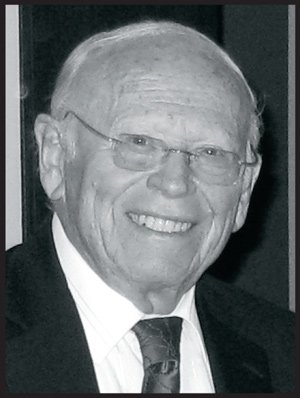
“This is a young person’s disease,” she said. “Its victims go very quickly and often leave young families. It’s a horrible disease.
While progress is being made – when the first stage of the research started in 2014, the five-year survival rate for pancreatic cancer was less than five percent – today it is nine percent.
“We’re making huge progress, but even doubling the survival rate still leaves you in a pretty scary place,” she said.
Soyka would not discuss the specific amount of the donation, other than to say there’s still a huge need for support.
“To a large degree it doesn’t matter because no matter how much it is it’s still just a drop in the bucket,” she said. “There is a huge need because there is still such a knowledge gap in this field.”
The Soyka Foundation’s support will finance researchers from Hebrew University’s Institute for Medical Research Israel-Canada (IMRIC), the Ontario Institute for Cancer Research, and Israel’s Sheba Medical Center.
Ethiopian students hoping education will be their ladder up in Israeli society will get a boost from the Morris and Rosalind Goodman Family Foundation grant.
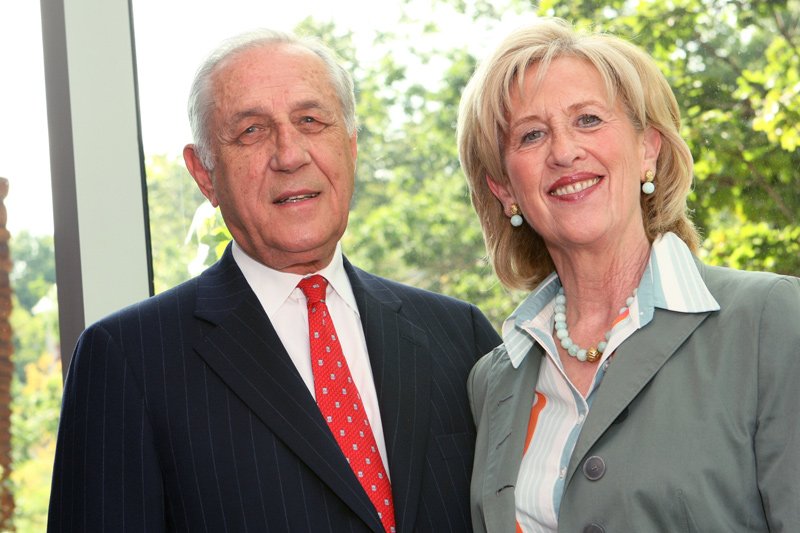
Morris Goodman, now 89, co-founded Pharmascience Inc., now the second largest privately-owned pharmaceutical company in Canada. The Goodman Foundation was endowed in 2008 and focuses on scientific research to improves public health, experiential and informal education and community capacity building.
The Montreal-based foundation is partnering with Hebrew University and Tel Aviv University to provide scholarships for needy Ethiopian Israeli students who are engaged in social, community or academic leadership activities.
Divided equally between the universities, the gift will support students pursuing graduate studies while highlighting the importance of higher education in this demographic and promoting community engagement.
Foundation president Maxyne Finkelstein said Ethiopian Israelis are held back in life because they’re denied the chance at higher education.
“In Canada people go for a second and third degree because they want to achieve the most they can,” she said in an interview. “In this case, you have a population where very few of them are able to access these opportunities.”
Israel is home to about 150,000 Ethiopian immigrants who started arriving in the country 35 years ago. According to a news release from Canadian Friends of Hebrew University, about half live below the poverty line, they are sharply under-represented in the country’s universities, and often face financial hardship in pursuing education.
Finkelstein noted that in a country where up to 45 percent of the general population has 16 years of education, only about 10 percent of Ethiopians get through to a bachelors degree.
“We looked at a gap in society and asked if there was something we could do to create greater social mobility and a real step forward toward greater financial independence and family stability for the future,” she said.
The scholarships will cover tuition and living expenses and are not targeted at any particular field of study. The only condition on the support is that applicants must do some form of community volunteer work.
“We want to advance Ethiopians in fields where they want to advance and where they feel they can make a contribution to society,” Finkelstein said. “We feel these people can be role models to other young Ethiopians, and this is an area where we can create a real social change.”
Finkelstein would not disclose the value of the gift. Applicants for the next university semester are already being recruited.
Lenny and Faigel Shapiro of Calgary are investing in a five-year program of scholarships for young Israelis who have completed their mandatory military service but who lack money for further education.
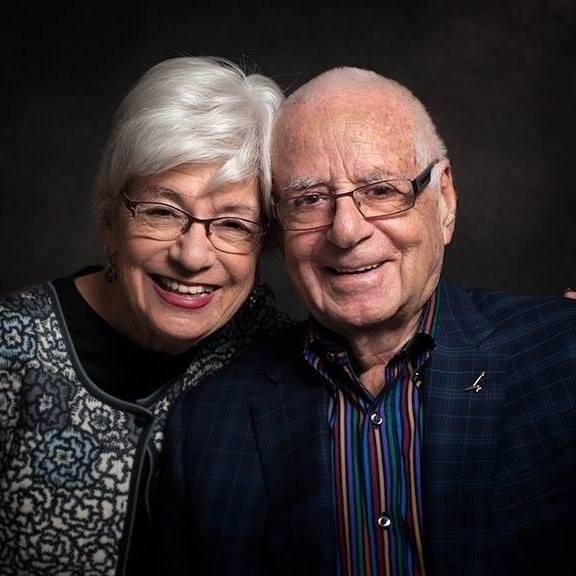
“I have always been attracted to the IDF soldiers, these young people who come out of the army at age 22 and have no money to go to school,” Lenny Shapiro said in an interview.
“I want them to be able to have an education and get a degree,” he said. “When I was a young man in Montreal, I didn’t have that chance until I could go to night school.”
Shapiro made his money as head of Allied Resources Management in western Canada’s oil business. The scholarship program is currently supporting 60 students and he hopes to expand that to 100.
The value of each award is being increased. In addition, a portion of the Shapiro gift will be matched by Canadian Friends of Hebrew University and Hebrew University.
The Shapiro scholarships cover tuition costs only.